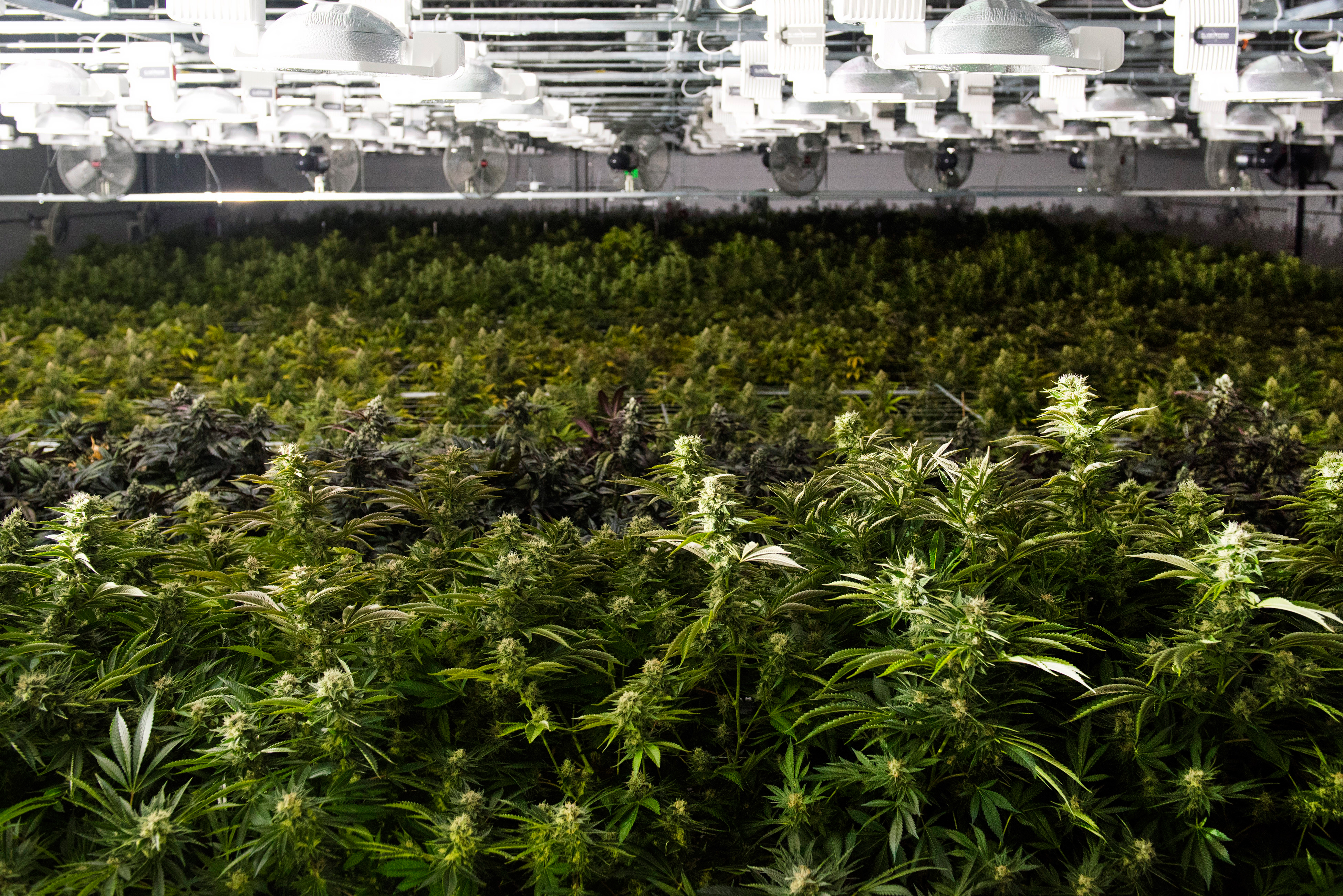The adoption of adult-use marijuana legalization in Canada is not associated with any short-term increase in the percentage of people engaging in problematic cannabis use, according to data published in the journal Drug and Alcohol Review.
Researchers affiliated with the University of Waterloo assessed rates of “high risk” cannabis use among respondents aged 16 to 65 in the years immediately prior to and following legalization.
In the two years following legalization, researchers identified “no evidence of a change in the proportion of those whose cannabis use would be classified as ‘high risk.’” They concluded, “The risk of problematic cannabis use does not appear to have increased in the two years following cannabis legalization in Canada.”
Data from the United States has similarly failed to identify any uptick in incidences of problematic cannabis use following state-level legalization, especially among young people.
Separate studies assessing the ‘before’ and ‘after’ effects of Canada’s marijuana legalization law have also failed to identify any increase in incidences of cannabis-induced psychosis, motor vehicle crashes or other forms of traumatic injuries, or intoxication-related emergency room visits. Data also shows that a steadily rising percentage of consumers acknowledge obtaining cannabis from the legal marketplace and that use among young adults (ages 18 to 25) has remain unchanged.
“Canada’s real-world experience with marijuana legalization, much like the experiences in many US states, affirms that these policies can be implemented in a way that provides regulated access for adults while simultaneously limiting youth access, discouraging misuse, and not compromising public safety,” NORML’s Deputy Director Paul Armentano said.
An abstract of the study, “Patterns of problematic cannabis use in Canada pre- and post-legalization: Differences by neighborhood deprivation, individual socioeconomic factors and race/ethnicity,” appears in Drug and Alcohol Review.











